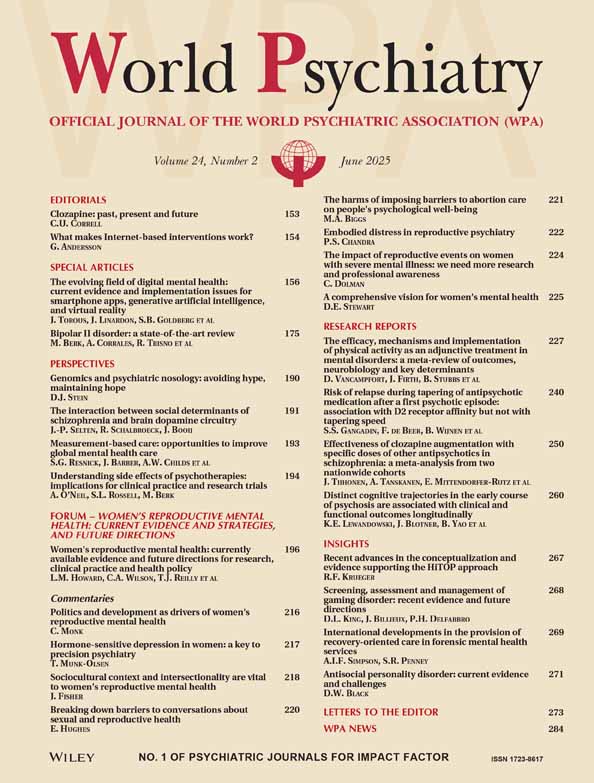Addressing the mental health consequences of the Japan triple catastrophe
As E. Bromet points out, the current situation in Japan is the result of a triplet of catastrophes. The initial catastrophe, the earthquake itself, caused a certain amount of damage to buildings, but accounted for less than 10% of deaths. The second catastrophe of the tsunami swept away seashore areas and resulted in tremendous loss of life and property. The third and ongoing catastrophe, the nuclear power plant accident, will probably result in only minimal actual harm to physical health. However, it is definitely this last man-made catastrophe which will result in the longest-lasting damage to mental and public health. The whole world has vicariously been exposed to this distress.
Phenomena reported in Three Mile Island and Chernobyl are already being observed in our country. We have seen confusing and contradictory information from authorities, inconsistent media reports, excessive reaction to risks, and distrust of the government. People are forced to evacuate and mental health infrastructures are lost. Exaggerated rumors of risk are harming the economy, people's mental health, and even human rights in the affected regions. We predict that somatic complaints, anxiety, post-traumatic stress, and depression will be elevated for a very substantial period, as suggested by Bromet.
The Japanese Society of Psychiatry and Neurology and the World Psychiatric Association are developing a joint intervention and research project, to be funded by the Japanese government, aiming to train general practitioners, obstetricians, gynecologists and pediatricians to recognize and address health anxiety related to actual or presumed exposure to radiation, as well as to identify the physical symptoms which can be actually related to radiation and those which cannot.
Meanwhile, we are trying to contribute to: a) the establishment of factual risk information based on scientific evidence; b) the efficient dissemination of information, as risk/crisis communication, to the public through collaboration with stakeholders in administrative, media, education and economic areas; c) the provision of effective psychosocial support; d) psychological/psychiatric interventions, as required.
We must mobilize our response using the full range of accumulated expertise of our organizations. We can do this, and we shall.




